An interview by Hatty Richmond.
When you spend an hour or two in the company of Servane Mouazan, you come away with the sense that you’ve just met a one-woman revolution.
For the uninitiated amongst you, Servane is the CEO of Ogunte an organisation dedicated to the development of women leaders in social businesses across the world.
The name, Ogunte, translates in a number of ways including “female spirit” – a clear and simple explanation of what’s at the heart of it all.
Our discussion is wide-ranging: for Servane there is no compartmentalising. At a personal level, the nature of her work, the reason for doing it, the way she thinks and the way she lives are all part of the same big picture, like the layers of an onion.
There is no compromise and it’s no act. This is the way she
is and it’s consistent with the basis on which many social
businesses are conceived.
Despite its name, Ogunte wasn’t always about women. Originally the focus was on social development, which in turned developed into an emphasis on social enterprise. What came out of those beginnings was an irrefutable indication that those who were engaging in and connecting with the message were women. We talk through the reasons for this and its clear that Servane has the self-awareness to understand that the way in which she went about delivering her message probably held more appeal for women. There is, however, more to it than this and it seems that women and social enterprise are naturally comfortable bedfellows: in one way or another it’s what women have always done and are used to doing.
What’s changing is that there is now the platform for this kind of work and approach to be credited and professionalised. Rather like new growth in the aftermath of a forest fire, the fallout from the
financial crisis of modern times has left the space and energy in the collective consciousness to consider a place for and the potential impact of a different model.
For the avoidance of doubt, social businesses are not necessarily not-for-profit. Many are very much for profit. The difference is what you do with that profit and, operationally, how you define your success factors which in turn drive the behaviour and culture of the organisation. It is the observation of Servane and others that, at risk of generalisation, women seem particularly good
at spinning the plates of these multiple necessary outcomes, thus creating a more complex, knitted-together model that isn’t just based on making the most money in the shortest time at whatever cost.
There is now increasing evidence that this makes for better sustainability over longer periods, something that the cooperative sector has known for some time, though for listed companies it can
be a hard sell, when shareholder return is driving everything.
I suggest to Servane that her mission must sometimes feel like an upward struggle. In typically positive fashion, she responds to this with all the reasons why it is not: initially, it was meeting a kindred spirit and falling in love; someone with whom to walk side by side.
This was supplemented by a series of mentors willing to believe in her passion and vision, as well as her natural ability to engage with people and connect them together. With no little emotion, she describes how her first mentor celebrated her for who she was and said, simply, “just get on
and do it”. Sometimes, that’s all it takes and now through Ogunte and the Make A Wave Pre-Incubator, Servane is doing just that and much more besides for many, many others.
The Ogunte model creates a self-sustaining network. The commercial arm of the organisation provides world-class coaching, training and mentoring services for female social business leaders.
The annual awards celebrate the success of established leaders and encourage them to mentor and support others. The commercial operations go some way to supporting the non-profit Pre-Incubator for start-up social entrepreneurs. Servane’s eventual aim is for herself to become a financial Angel as well as a knowledge Angel. In the meantime, Ogunte’s Angels Council is helping successful business women become true activists in support of the up-and-coming. Like the associates in the commercial arm, Angels are selected very carefully on the basis of core values and attitude.
It’s vital that the philosophy remains true to the last.
So, what does matter most to Servane?
When thinking about all the things we discussed, there seem to be three interdependent concentric circles:
The outer circle interfacing with the wider world is the urgent need to collaborate, and this goes way beyond Ogunte and the wider social business sector. This is not about competing
with the corporates;
It’s about working with them, influencing and infiltrating by becoming part of the supply chain and enmeshing a different set of values in with the more traditional.
It’s about making the currently unsustainable more sustainable by becoming part of the way the world works. Silos and separation, she says, are what’s killing things and the future “belongs to smart connectors”.
The middle circle is education – or rather the lack of it when it comes to really teaching kids how to think and truly engage both the limbic brain (commanding feeling) and neo-cortex (commanding doing). She is also very clear that the way we tend to instruct just isn’t in line with more intuitive, complex way in which the human brain works. Some technology manufacturers are starting to understand this much more clearly, with a far greater focus being place on user-experience and intuitive operation.
The centre is where it’s fundamental. It’s about how we view the world and what we’re willing to do to truly live the values we profess.
For Servane, it’s essentially empty to profess one thing about the wider world and not follow the same thing in the way one lives. For her, it comes down to the choices she makes about the goods and services she buys, the way she educates her child, the way she conducts her relationships, the way she does business. There is no separation.

I am left profoundly moved by our conversation. Servane is no woolly-minded do-gooder: she is instead someone who has grasped the complexities of life and has found a way of navigating through in a completely self-sustaining, but utterly non-passive way.
She describes her “luck” in finding the mentors to help her on this journey: I rather suspect that luck had very little to do with it.
Hatty Richmond’s professional background is in management consultancy, specialising in organisational development and design. She has a particular interest in the role of leadership in determining culture and the resulting impact on performance.
Alongside her consulting work, Hatty writes both fiction and non-fiction including articles, profiles and short stories, the latter mainly for fun. Her novel, On the Outside, is based on a true story and is due for completion in early 2013.
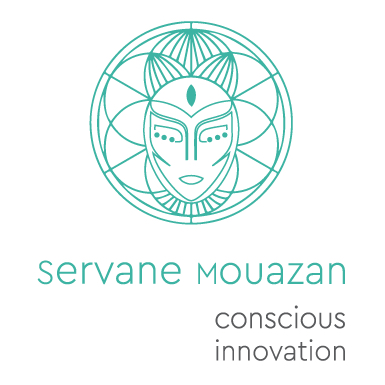
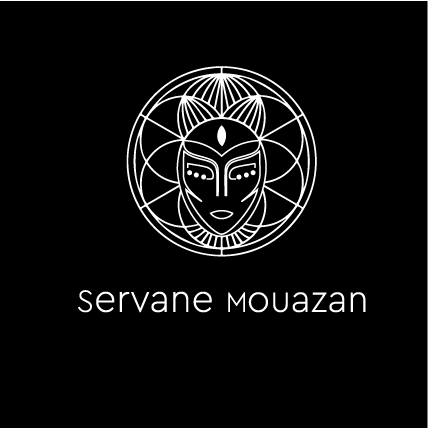
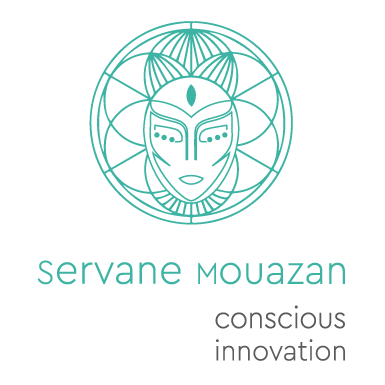
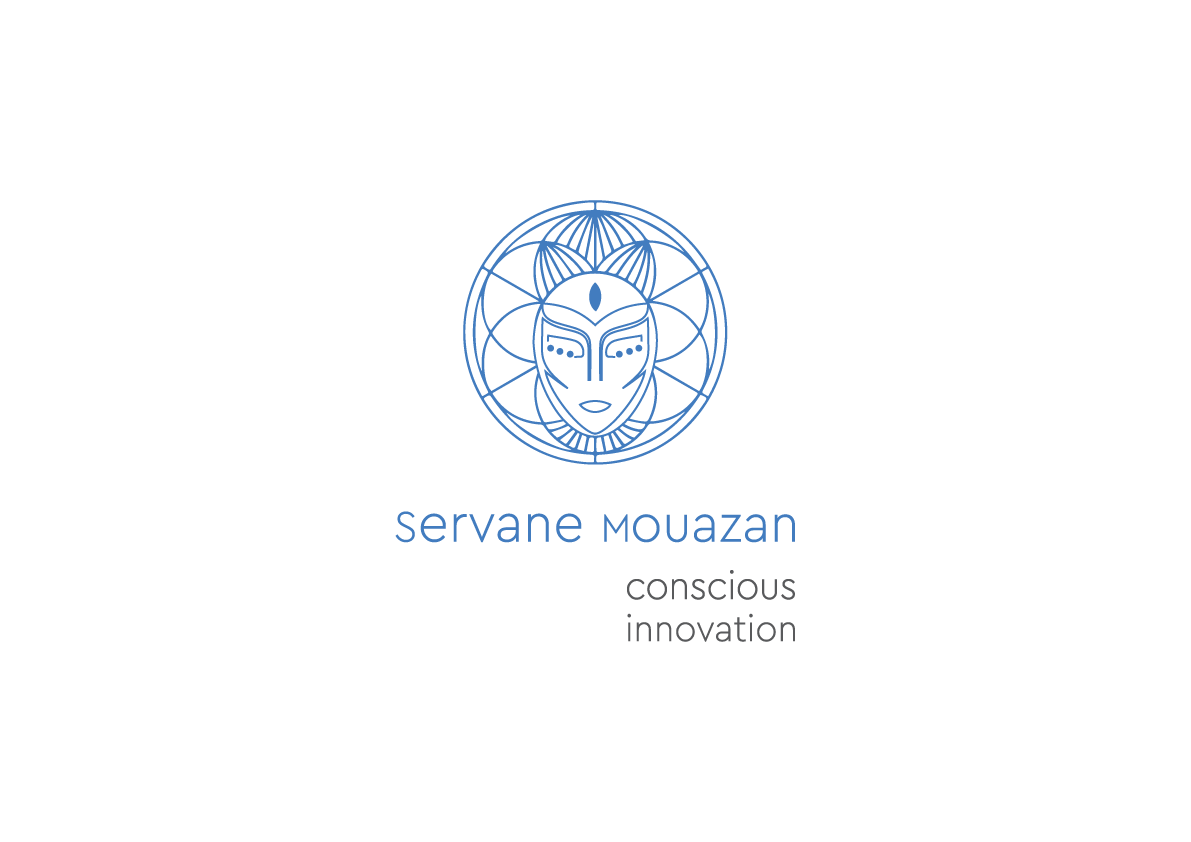
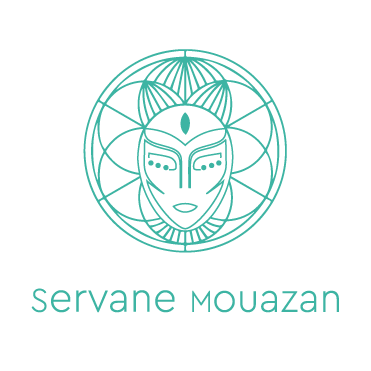
You must be logged in to post a comment.